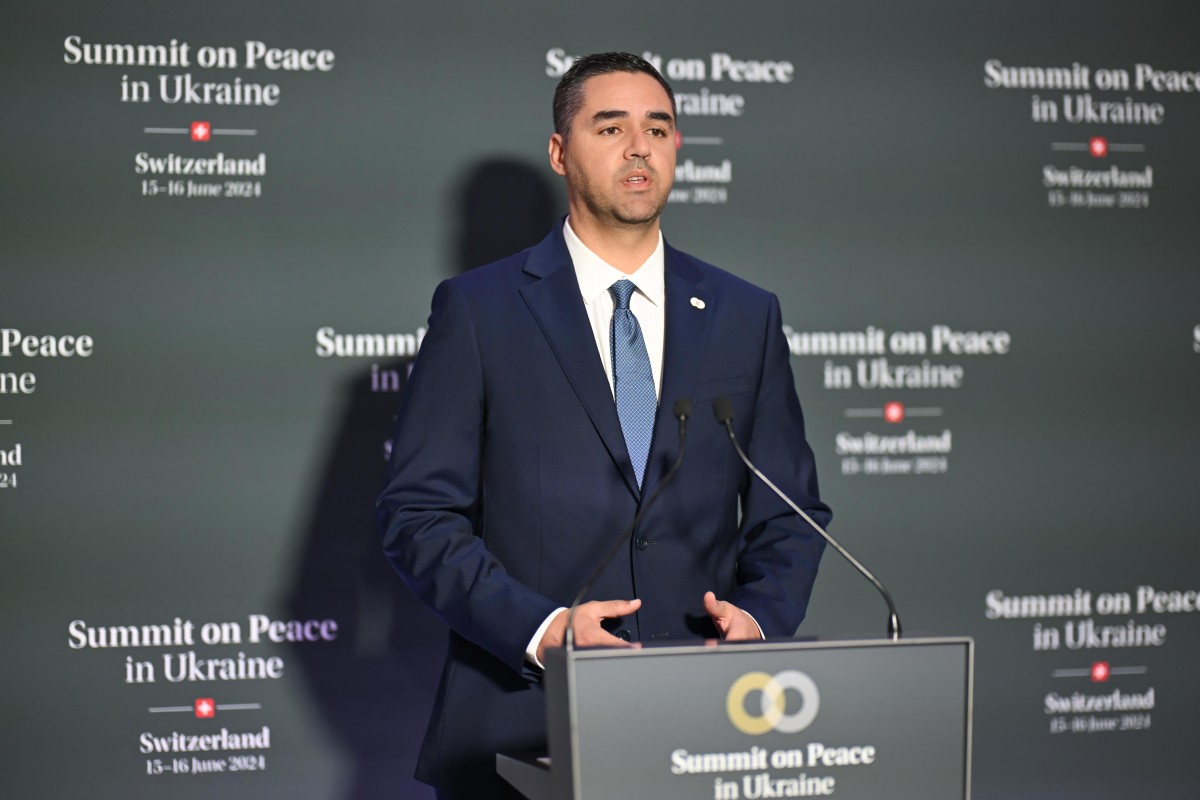Sponsored Content
OSCE Chairman Ian Borg Reaffirms Peace Efforts at Ukraine Summit in Switzerland
The Ukraine peace summit on the Bürgenstock in Switzerland emphasized the OSCE efforts under the leadership of Ian Borg, while Russia was conspicuous by its absence and strict negotiating conditions.
 OSCE Chair-in-Office Minister Ian Borg at the "Summit on Peace in Ukraine" in Switzerland. / Picture: © OSCE / ID 570840, (CC BY-ND 4.0)
OSCE Chair-in-Office Minister Ian Borg at the "Summit on Peace in Ukraine" in Switzerland. / Picture: © OSCE / ID 570840, (CC BY-ND 4.0)
Speaking at the Summit for Peace in Ukraine, OSCE Chairperson-in-Office and Maltese Foreign Minister Ian Borg highlighted the organization's ongoing efforts to end the conflict. Borg emphasized the importance of dialogue and international co-operation in resolving the war in Ukraine and recalled the need to end Russia's aggression and alleviate the humanitarian crisis.
In his…
or Log In
Fast News Search





